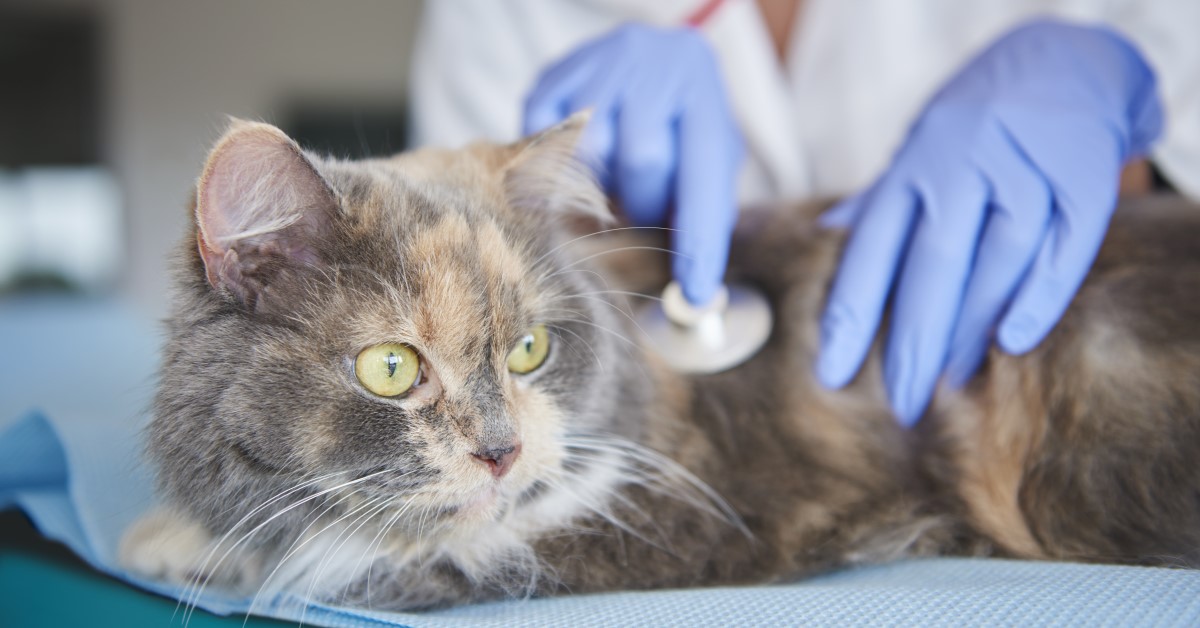Diseases Transmitted by Pets: Toxocariasis
When common parasites of dogs and cats infect humans, the illness is called toxocariasis.

When the common parasites of dogs and cats infect humans, we refer to the illness as toxocariasis (or visceral larva migrans). Toxocariasis usually affects kids under age the age of 10. Individuals who like to put things in their mouths, or those whose families have pet dogs or cats are especially at risk.
Signs and Symptoms
Many kids won't have symptoms, but if they do, they can include:
- fever
- cough or wheezing
- abdominal pain
- enlarged liver or spleen
- poor appetite
- a rash that can look like
hives
- enlarged lymph nodes
("swollen glands")
Toxocariasis also may affect the eyes, causing decreased vision, swelling around the eyes, or a cross-eyed appearance, and retinal damage if left untreated. Most cases go undiagnosed and do not cause any major problems. Some toxocariasis cases only have a positive diagnosis during a routine eye exam or an X-ray study done for some other medical reason.
Transmission
Toxocariasis is an infection caused by the larvae of the parasitic worms (Toxocara canis and Toxocara cati), both usually living in the intestines of dogs and cats. Cats are normally the only hosts of Toxocara cati, and dogs are normally the only hosts of Toxocara canis. Eggs from the worms pass into the feces of dogs and cats, and can contaminate pet areas around the home where kids play.
Children, especially those who are 1 to 4 years old, who often put things in their mouths and don't often wash their hands, are at risk for swallowing the eggs. After entering the body, the eggs hatch into larvae, which penetrate the walls of the digestive tract where they may migrate to a child's liver, lungs, eyes, and elsewhere.
Experts in the
Prevention
To help prevent kids from toxocariasis exposure, you can do the following:
- keep children away from areas
where dogs or cats play
- wash your toddler's hands
frequently
- remind older kids to wash
their hands often, especially after playing with a pet dog or cat
- discourage toddlers from putting dirty
hands in their mouth; this is a good idea even in a household without
pets!
- keep pets away from the kids'
outdoor sandbox and cover the sandbox when it's not being used
- take household pets to the
veterinarian to be de-wormed, especially puppies younger than 6 months
old
Diagnosis and Treatment
A doctor can usually diagnose a case of toxocariasis by physical exam and blood tests. Doctors may not prescribe any medication to treat a child with mild symptoms. Severe toxocariasis involving the lungs, eye, or other important organs may require anti-parasitic drug treatment to kill the larvae. For severe lung toxocariasis, doctors sometimes also prescribe anti-inflammatory drugs.
A child with severe toxocariasis needs
medicine as prescribed by your doctor. Prevent re-infection by de-worming your
pets and keeping kids away from areas where pets defecate (poop). Remind your
kids to wash their hands often during the day, especially after playing with
pets.
When to Call the Doctor
Call your doctor if your child has any of the following symptoms of toxocariasis, including:
- fever
- rash
- cough or wheezing
- abdominal pain
- poor appetite
- vision problems
Toxocariasis will often resolve itself, because the Toxocara larvae cannot mature within human hosts. A corticosteroid prescription it the typical treatment in severe cases.
Ready to start saving money on pet wellness care?
Then take a look at Mint Wellness, the pet wellness plan that provides fast reimbursement on routine pet care. Save on vaccinations, wellness exams, preventatives, dental, and more!
Learn More


